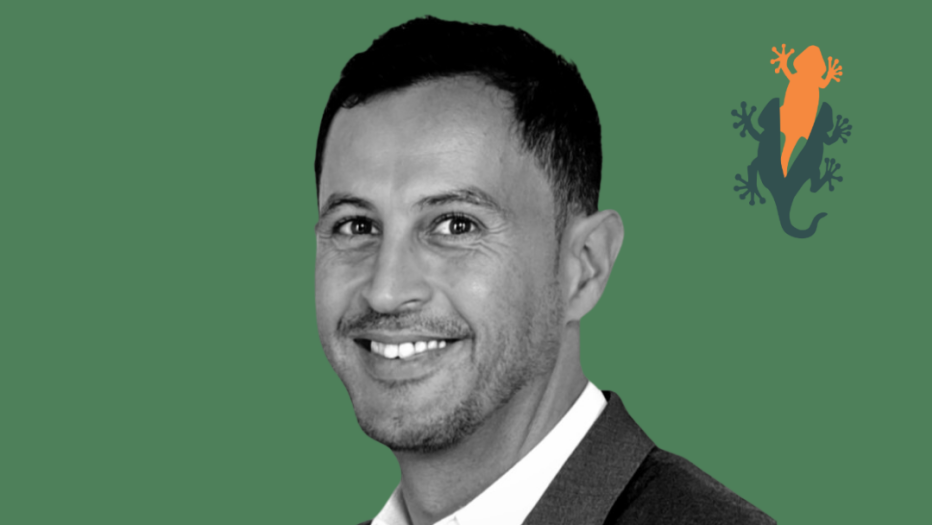
New generational expectations are often at odds with those of traditional companies.
Youcef, could you give us a brief overview of your career?
AnExecutiveMBA graduate and certified coach, I've been working in Human Resources for over twenty years and am constantly learning new approaches to keep contributing to our businesses. I support companies in their transformation and senior executives in their strategic decision-making. Originally, my expertise lay in the search for and support of rare profiles, those who, through their uniqueness, can change the game within an organization. Today, I help managers find their rightful place in an ever-changing environment, because a well-identified and valued profile becomes a significant growth lever for companies.
Could you tell us about your role as a consultant with Cabinet Emprise, of which you are president?
When I became President of Emprise, I extended our headhunting expertise to include management consulting and training. That's what I'm dedicated to today: creating work environments where everyone can flourish, while meeting the ever-complex demands of companies. Rather than "hunting" for the right profiles, we help them in their missions as leaders, who must give meaning and be responsible.
You've been working at Cabinet Emprise for some time now. What changes have you noticed in HR recruitment?
The paradigm of recruitment has profoundly changed. It used to be that the recruiter led the way, taking the time to evaluate each candidate. Today, this balance of power is reversed in favor of candidates, particularly in the tech sector... They choose, dictate, challenge. New generational expectations are often at odds with those of traditional companies. Young talent demands clearcommitments , a sense of purpose in the company's actions, while their own investment, paradoxically, can sometimes seem limited.
The recruitment process thus becomes a relationship of equals, where transparency is essential.As far asonboardingis concerned, employees' expectations have also evolved towards a working environment that respects their values and offers a real quality of life.
Autonomy is sought after, but it must be carefully framed within clear rules of the game to avoid confusion and stress, and to experience it as a fair lever for performance rather than a mere freedom of action. Telecommuting is a must, thanks to technology. Generative AI is an enormous vector of productivity for those who know how to use it. A skill to be mastered, even a future "augmented colleague".
"The recruitment paradigm has profoundly changed."
"Autonomy is sought after, but it must be carefully framed so that it can be experienced as a lever for performance and not simply a freedom of action."
The world of work is becoming increasingly uncertain and competitive. Employees sometimes become more demanding, or misunderstood, or poorly integrated. Do you observe any mental health problems in the workplace (burn-out, bore-out...)?
Psychosocial risks have become a major issue for companies. They are better understood and recognized, and those affected benefit from faster, more effective treatment. The causes are manifold: paradoxical autonomy (middle managers or employees with many responsibilities without the necessary levers to exercise them properly), work overload or underload linked to a lack of clarity in job descriptions, lifestyle desires not always in line with professional requirements. Top management has to deal with these challenges on an ongoing basis, adapting to varying degrees to the context. I help these managers to develop strategies that safeguard employees' mental health and create working environments where everyone can find a balance between performance and well-being. A company can only be successful over the long term if its employees have a suitable working environment.
To better face the uncertainties of the future and better respond to your aspirations, there are now a number of ways of accessing the world of work. What do you think?
The diverse forms of employment and training that exist today are a necessary response to a constantly changing world of work, and allow great flexibility. This is an opportunity, but it also requires companies to be highly adaptable.The CPF, for example, has revolutionized employees' perception of their relationship with their employer, who offers them the tools to train, retrain and develop independently. This double-edged flexibility can be a source of freedom, but also of insecurity if not properly supervised. Some companies are killing telecommuting through lack of training and apprenticeship. Managers and staff alike don't know how to work in hybrid mode, which can lead to a colossal drop in productivity. That's why it's important to manage these new forms of work in an agile yet structured way, so as to align individual aspirations with the strategic needs of companies.
Finally, the arrival of generative AI means that experienced professionals with an appetite for IT can question it intelligently, with the free will that comes with experience. As opposed to a young graduate who will ask inappropriate prompts due to a lack of professional experience. There's a real card to play in terms of ethics and the use to which it will be put...
Some companies are killing teleworking through lack of training and apprenticeship.
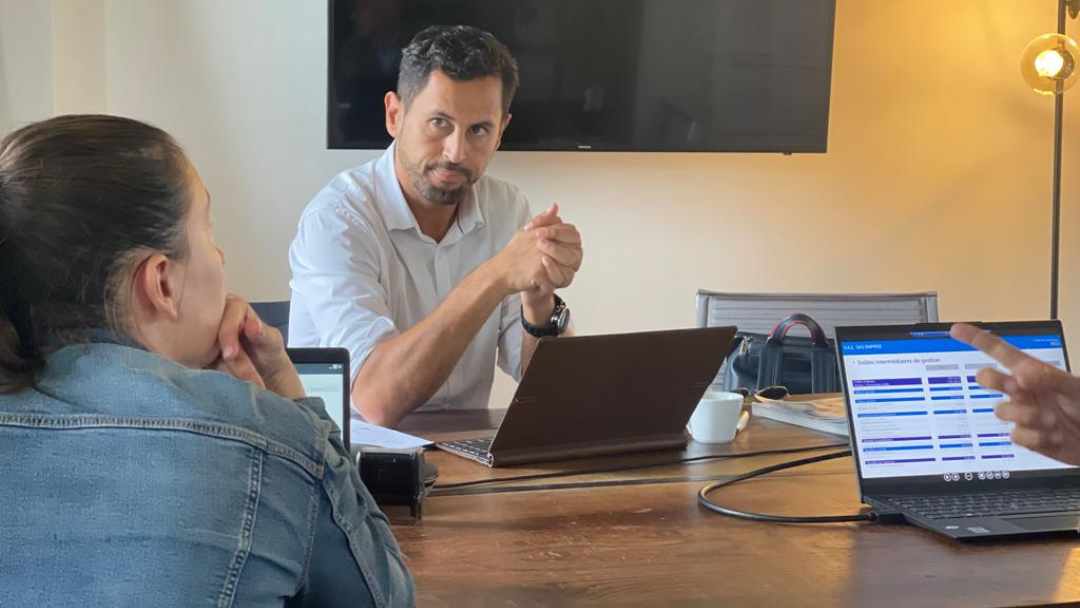
What are the criteria most sought-after by business leaders today to enable the system to adapt to the speed of socio-economic change?
The criteria of adaptation and resilience are highly sought-after in the face of rapid and sometimes unpredictable change.
While those related to professional posture (punctuality, respect for commitments) remain unchanged. In the hunt for highly qualified profiles, technical expertise and mastery of new technologies, in particular generative AI, remain the order of the day to enable companies to remain competitive in the face of rapid technological change. The human dimension is not left out: soft skills (communication, mental agility, ability to work in a team) are increasingly valued, especially among young recruits. Managers - from major groups to start-ups - are looking for talent capable of navigating changing environments while remaining rooted in strong values.
Nonetheless, smaller, more agile structures often favor rapid and sometimes unpredictable mations. While those related to professional posture (punctuality, respect for commitments) remain immutable. In the hunt for highly qualified profiles, technical expertise and mastery of new technologies, particularly generative AI, remain the order of the day to enable companies to remain competitive in the face of rapid technological change. The human dimension is not left out: soft skills (communication, mental agility, ability to work in a team) are increasingly valued, especially among young recruits. Managers - from major groups to start-ups - are looking for talent capable of navigating changing environments while remaining rooted in strong values.
Nevertheless, smaller, more agile structures often prefer versatile profiles, whereas larger companies can afford to recruit specialists. This search for a balance between technical expertise and human agility is the key to adapting to today's socio-economic upheavals.
"This quest for balance between technical expertise and human agility is the key to adapting to today's socio-economic upheavals."
Small is beautiful... Many employees move from large groups to start-ups, or leave their jobs to set up in free-lance. Do you support this type of profile? What feedback can you give?
More and more employees are moving towards start-up or independence, a quest for meaning that marks our times. Whether they're looking for new challenges, or wish to free themselves from cumbersome hierarchical structures to gain greater autonomy, this is a tremendous opportunity to reinvent themselves. I support these profiles in their transition by helping them to clarify their objectives, assess the risks and structure their project in a realistic way. The most successful people know how to combine their technical expertise with a healthy dose of resilience and adaptability. But I often advise against this path for those who are at a crossroads and try entrepreneurship to reposition themselves, follow their spouse or find geographical mobility. They underestimate the challenges of entrepreneurship without necessarily measuring the increased responsibilities and risks involved, believing that it has become easy to be free-lance...
Failure at the end of the road! Fortunately, more and more people are choosing this path, driven by a desire to align their professional and private lives. However, this highly rewarding choice requires a great deal of preparation and tailor-made support: I help these talents navigate the administrative, financial and emotional complexities of independence to transform a personal project into lasting professional success.
To conclude, would you have a message for students or alumni of TBS Education who are embarking on their professional careers?
Take the time to think about the value you can bring to the company and to society, rather than simply being a career consumer, responding to immediate market demands. Always ask yourself what you can contribute at every stage of your career, so that you can transform uncertainty into opportunity. This quest for meaning and impact will not only make a difference to your career, but to the world of work as a whole. Stay connected to the TBS Education alumni network. It's a rich resource of experience, advice and opportunities, and a way of contributing to the vitality of our community and its spirit of solidarity. Personally, I run the Bordeaux Chapter with Irina Yeremenchuk to promote TBS Education in our region, creating strong links between alumni and promoting the values of our school.



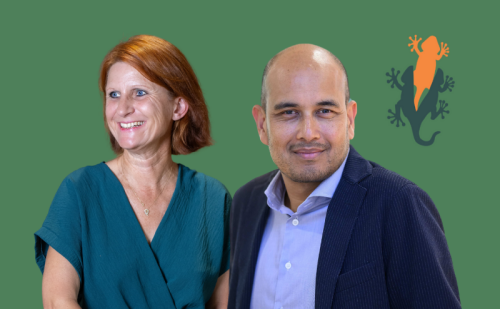

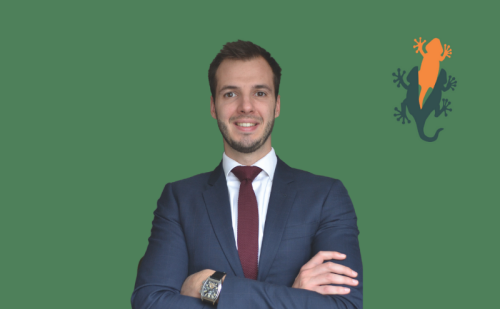
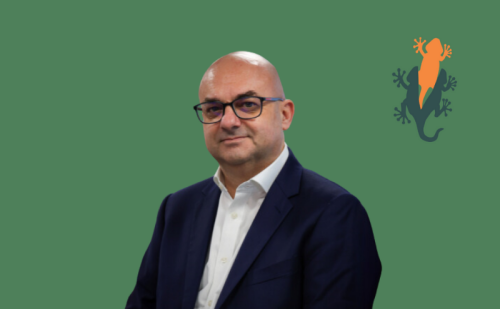
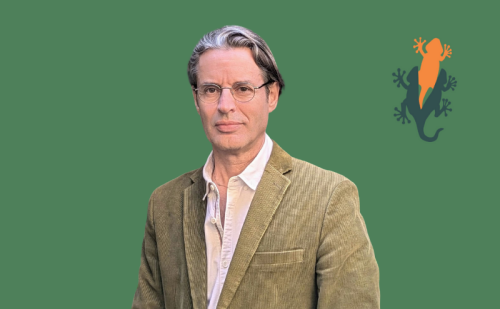

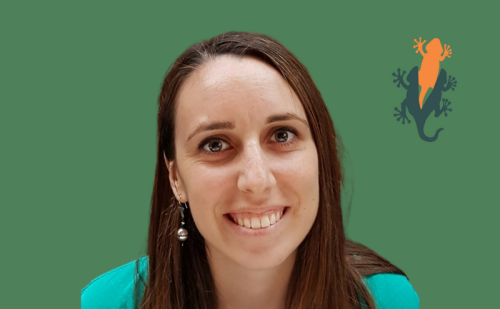
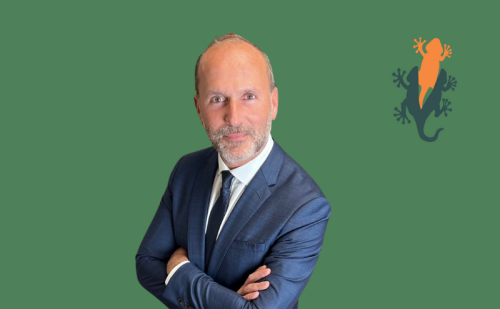

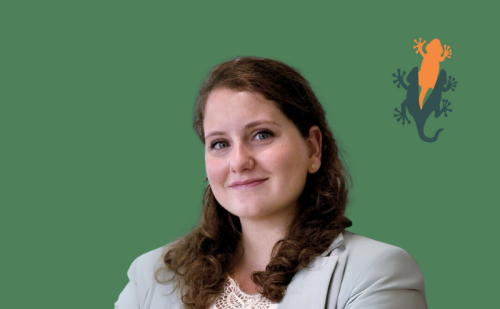

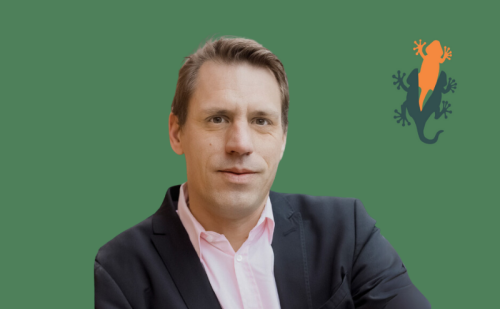

No comment
Log in to post comment. Log in.